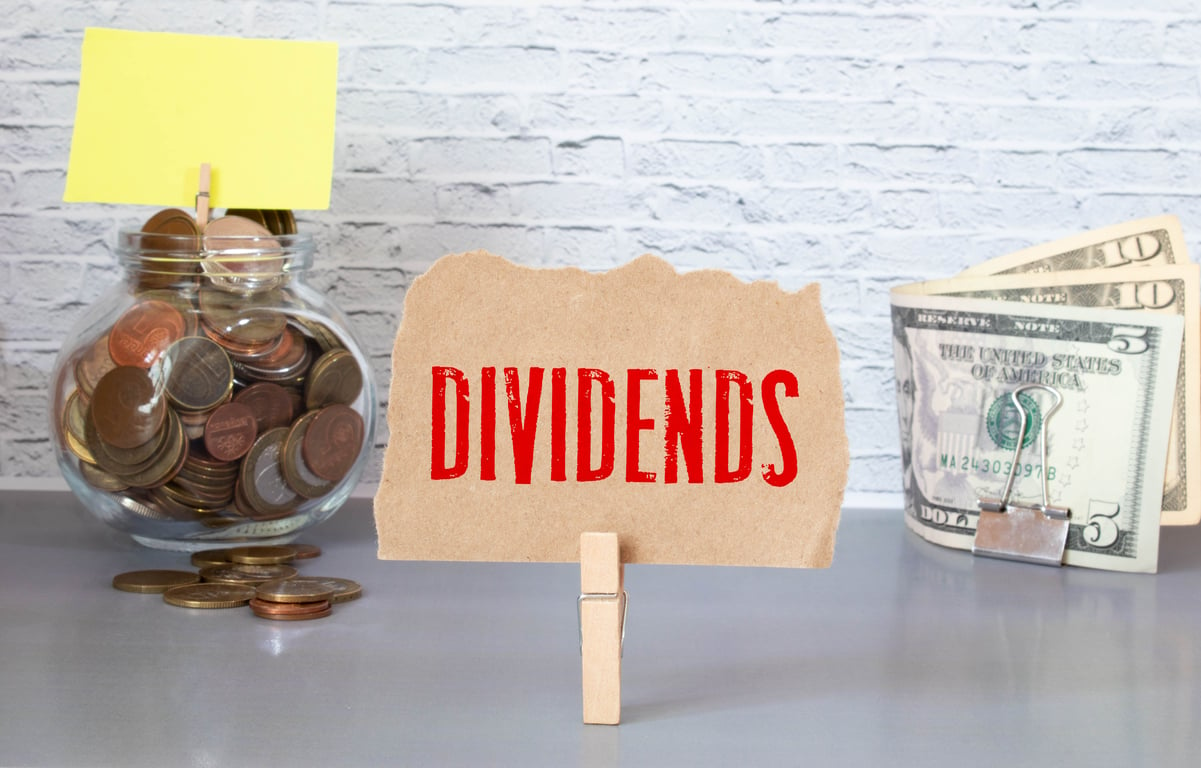Cancer treatment has come a long way over the last few decades, but we've still got a ways to go before we can officially say that we've eradicated the disease.
So, which cancer-focused companies are best positioned to deliver for their investors? We asked a team of our healthcare contributors to weigh in, and they picked Bristol-Myers Squibb (BMY 2.40%), Exelixis (EXEL 3.26%), and Guardant Health (GH +0.14%).

Image source: Getty Images.
A cancer care titan about to get even stronger
Chuck Saletta (Bristol-Myers Squibb): Even before its pending purchase of Celgene (CELG +0.00%) closes, Bristol-Myers Squibb is already an incredible powerhouse in the cancer care industry. With existing products able to support a research and development budget in the neighborhood of $5 billion a year, Bristol-Myers Squibb is already capable of operating at the forefront of cancer research. Adding Celgene's own potent cancer treatments and cancer research focus only strengthens the company.
With the deal part cash and part stock, Bristol-Myers Squibb helps protect its balance sheet vs. had it been an all-cash deal. Given that the purchase price around $74 billion is much larger than Bristol-Myers Squibb's current asset base, financing the deal with stock is a much more prudent path than heavily leveraging its balance sheet. That makes it feasible for the combined company to survive the pain of integration and actually deliver on its promises of driving both growth and cost-cutting.
The acquisition is expected to be immediately accretive to Bristol-Myers Squibb's earnings per share. That means that Bristol-Myers Squibb's already reasonable price-to-earnings ratio around 14 looks even cheaper when viewed on a forward basis, after accounting for the acquisition impact.
By combining together two companies that both have strong in-market cancer treatments and promising compounds in development, you get a true powerhouse in the industry. Throw in a balance sheet that still looks reasonable after the combination and makes it available at an attractive valuation, and you have a company that looks worthy of investment consideration right now.
The best growth-to-value proposition in the cancer drug development space
Sean Williams (Exelixis): I know I frequently turn to Exelixis as my go-to in the cancer drug development space, but there simply isn't a better growth-to-value proposition. That's because this company, which is valued at a PEG ratio of under 0.5, has four ways of hedging its long-term growth prospects.
First, there's Cabometyx, Exelixis' likely blockbuster cancer drug. Already approved to treat first- and second-line renal cell carcinoma (RCC), as well as second-line hepatocellular carcinoma, Cabometyx has performed exceptionally well in clinical studies. It hit a "trifecta" in second-line RCC for statistically significant improvements in objective response rate, progression-free survival, and overall survival, and ran circles around previous first-line RCC standard of care drug Sutent, from Pfizer (PFE 0.93%), in the Cabosun study. Strong pricing power and ongoing demand for Cabometyx should push annual sales north of $1 billion with ease.
Second, Exelixis can lean on partnerships to drive growth. Although Bristol-Myers Squibb's Opdivo, and its Opdivo/Yervoy combination, are clear competitors to Cabometyx's market share, the duo of Exelixis and Bristol-Myers are working together on drug trials studying Cabometyx in combination with Opdivo, or Opdivo and Yervoy, which could prove fruitful for patients with advanced first-line RCC. Now, two years following initiation, the CheckMate 9ER trial should read out soon. If successful, Exelixis could secure itself an even bigger piece of a billion-dollar-plus indication.
Third, Exelixis is reigniting its internal drug-development engine. While the company could sit back and reap the rewards of Cabometyx with minimal research costs, it makes sense to look toward the future. That future could be XL092, a next-generation tyrosine kinase inhibitor targeting signal transduction pathways in tumors. Or it might be through XL888, an oral ATP-competitive inhibitor of HSP90, a protein that affects the stability and activity of regulatory proteins used in the cancer proliferation process.
Lastly, don't overlook Exelixis' growing cash pile. Each and every quarter, Cabometyx is raking in the dough for the company, even with new internal research projects. With just over a half-billion in operating cash flow over the trailing-12-month period, Exelixis is now sitting on $800 million in cash. This may help fuel future earnings accretive acquisitions.
As I said, you won't find a better growth-to-value proposition in the cancer drug space.
Swing for the fences
Brian Feroldi (Guardant Health): You can't effectively treat cancer until you know which kind of cancer you're dealing with. The gold-standard way to figure that out for decades has been to get a biopsy of the cancer, but doing so can be expensive and invasive.
Guardant Health is on a mission to make diagnosing cancer easier, cheaper, and less invasive. Guardant is a leader in the fast-growing field of liquid biopsies. This technology enables clinicians to diagnose cancer by simply obtaining a blood sample, which is a far more attractive option for patients, payers, and providers than traditional diagnosis methods.
The good news for investors is that Guardant is already generating revenue from its products. Last quarter revenue jumped 120% to $36.7 million and its gross margin expanded significantly. Management is projecting full-year revenue to grow at least 60% to $145 million.
That might just be the tip of the iceberg, too. Guardant hopes to be able to use its technology to screen for cancer in the general population, which could enable cancer to be detected much earlier than it currently is. That would be a game changer for humanity because cancer is much easier to treat when it is in its earliest phase.
Guardant's management team believes that the liquid biopsy cancer screening market will eventually haul in tens of billions of dollars in annual revenue. That's a massive number for a company that is currently worth about $8 billion.
Guardant's stock isn't for the faint of heart, but the opportunity ahead is so massive that I think it is a great stock for growth-loving investors to get to know.









